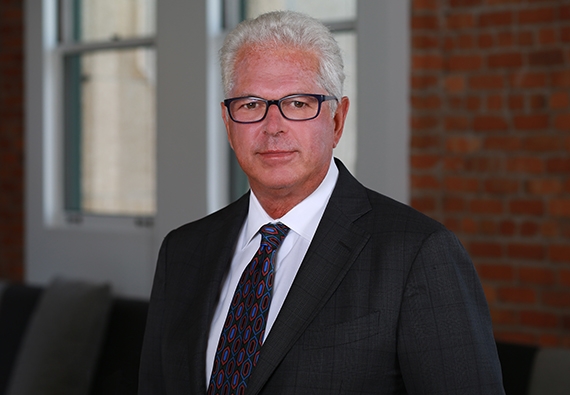Historic Preservation Considerations In Infill Development
As public policy, environmental sustainability and economic reality converge to focus development within existing urban and suburban communities, historic preservation issues will increasingly come to the forefront for developers and their design professionals.
Our existing cities and suburbs are filled with structures that may be replaced or altered to accommodate new infill development. At the same time, they are reaching an age when many of their structures are over fifty years old (anything built prior to 1959) and need to be evaluated for their historic significance before demolition or alteration. The reuse of existing structures is in some cases inherently more sustainable than demolition and new construction, given the embedded materials and energy in existing buildings and the energy and resources associated with new construction. How these competing public policy objectives - the need for denser infill development against the value of historic preservation and rehabilitation - are reconciled will shape many future land use battles.
The California Environmental Quality Act (CEQA) is driving much of this debate. It includes within its broad definition of "historic resources" all structures listed or eligible for listing in the California Register of Historic Resources, all buildings listed in a local register or identified in historical resource surveys, and buildings which a local agency otherwise determines are historically significant. CEQA goes on to specify that the demolition of any such historic resource or its alteration in a manner inconsistent with the Secretary of the Interior's Standards for the Treatment of Historic Properties is always deemed a significant impact on the environment for which an environmental impact report (EIR) must be prepared, a process that typically takes up to two years. In mature cities like San Francisco, most EIRs prepared today evaluate the proposed demolition or alteration of structures deemed potentially historic.
Demolition or the inconsistent alterations of historic resources is not prohibited in California by the state or by most local jurisdictions (except in the case of some locally-designated landmarks, of which there are relatively few), but the public agency approving such an action must, in addition to certifying an EIR, make findings that preservation alternatives are infeasible and that the project has overriding public benefits. Local ordinances may specify other criteria that must also be met.
Accordingly, to avoid the delay inherent in preparation of an EIR and the risk of the approving agency not making defensible findings when an infill project involves demolition or alteration of a pre-1959 structure, a project sponsor generally must do one of three things: avoid demolition or inappropriate alterations altogether; establish that the structure is not an historic resource; or establish that the proposed alteration meets the Secretary's standards. For older buildings that are not already listed on the state or a local register, an analysis by a historic preservation expert will often be required. For projects that alter historic resources, an historic architect will often be needed to design alterations consistent with the Secretary's standards and to convince policy makers of their consistency.
Published in the article "Thoughts from the Entitlers" in the Entitlements issue of arcCA.


